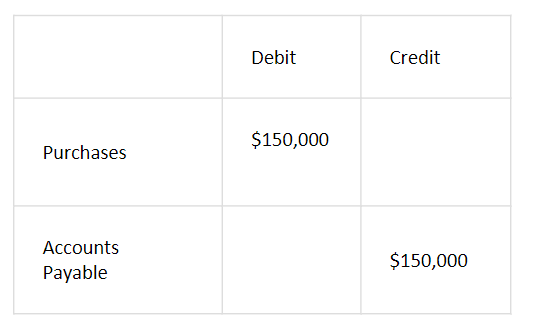PTAB Denies VLSI’s Motion to Remove Intel from Ongoing IPR
“Passage of the AIA’s estoppel provision expresses Congress’ intent that claim preclusion not apply in the circumstances here.”
On Wednesday, April 4, the Patent Trial and Appeal Board (PTAB) denied VLSI’s motion to terminate Intel’s involvement in an inter partes review (IPR) of VLSI’s U.S. Patent No. 7,725,759.
In addition to Intel, OpenSky is also a petitioner in the IPR, which pertains to claims 1, 14, 17, 18, 21, 22, and 24 of the ‘759 patent. VLSI argued that a previous March 2021 district court ruling that found Intel had not proven invalidity of claims 14, 17, 18, and 24 of the patent precluded the tech firm from continuing to pursue this IPR.
However, Intel successfully made the case that claim preclusion does not apply thanks to the America Invents Act (AIA). Additionally, it argued that the IPR and district court proceedings do not involve the same accused product and have different standards of proof.
The PTAB said: “We agree with Intel that estoppel does not apply and therefore we deny the motion.”
Patent Saga Continues
VLSI and Intel are locked in a sprawling legal battle over multiple U.S. jurisdictions and countries.
In March 2021, a Western District of Texas jury ruled that Intel had to pay VLSI $2.175 million in total damages for the infringement of two patents, including $675 million for the infringement of the ‘759 patent. Intel attempted to win a new trial due to juror misconduct, however, the motion was denied. The district court reaffirmed in May 2022 that Intel had not proven the invalidity of the claims in the ‘759 patent.
Intel and VLSI agreed to dismiss a VLSI lawsuit related to five different patents in December 2022. Intel had argued that “VLSI’s complicated structure is having its intended effect—allowing Fortress and VLSI’s investors to control VLSI and reap any benefits from this suit, while concealing their identities from the Court and the public.”
OpenSky’s involvement in the ‘759 patent IPR has also generated controversy. In October 2022, United States Patent and Trademark Office (USPTO) Director Kathi Vidal excluded OpenSky from the IPR proceeding because it “abused” the IPR process. Later, Director Vidal reinstated OpenSky to the IPR but awarded VLSI attorney fees as a sanction against OpenSky.
AIA Protection from Claim Preclusion
The latest dispute between VLSI and Intel centered on what standard the PTAB should use when determining if preclusion applies in this case. Intel argued that the PTAB should determine whether when Congress passed the AIA in 2011 that it intended to claim that preclusion does not apply to IPR proceedings.
But VLSI cited the 1991 U.S. Supreme Court case Astoria Federal Sav. & Loan Ass’n v. Solimino which it said only applies when an agency decision precludes a court decision. Instead, VLSI wanted the PTAB to apply “the usual rule” of preclusion.
The PTAB found VLSI’s argument unconvincing and said, “Patent Owner (VLSI) misreads the case law,” and “we conclude that the Astoria standard should apply.”
Instead, the question for the PTAB became whether the AIA’s statutory estoppel provisions showed Congress’s intent that preclusion should not apply to IPR proceedings such as the one between Intel and VLSI.
In the language of the AIA, the PTAB found claim preclusion did not explicitly apply in a case such as the Intel-VLSI case. The Board wrote, “the AIA expressly imposes claim preclusion in one direction—from an IPR to other proceedings—but not in the other direction—from district-court litigation to Office proceedings.”
As to Congress’s intent, the Board wrote, “the AIA inherently accepts the reality that parallel proceedings in a district court and the Office may address overlapping issues relating to asserted invalidity or unpatentability.”
Additionally, the Board cited the AIA imposition of a lower burden of proof for IPR proceedings than a district court. This difference in the burden of evidence “provides context to Congress adopting claim preclusion in only one direction,” according to the PTAB.
“Congress’ adoption of unidirectional preclusion is significant and distinguishes AIA proceedings like this case from other PTO proceedings also providing for statutory preclusion,” continued the Board.
For the PTAB, the AIA and Congress’s shift from inter partes reexamination to inter partes review changed the previous precedent of two-way preclusion. Furthermore, the enhanced estoppels caused by the AIA only limit litigation after an IPR proceeding.
Therefore, the PTAB wrote, “passage of the AIA’s estoppel provision expresses Congress’ intent that claim preclusion not apply in the circumstances here.”
As a result, the Board concluded that VLSI failed to show that the previous standard should be upheld and denied the company’s motion to dismiss Intel from the IPR.
Image Source: Deposit Photos
Image ID: 126319192
Author: Rawpixel





